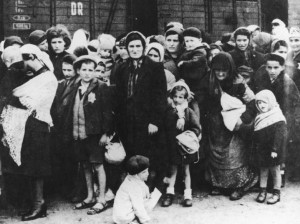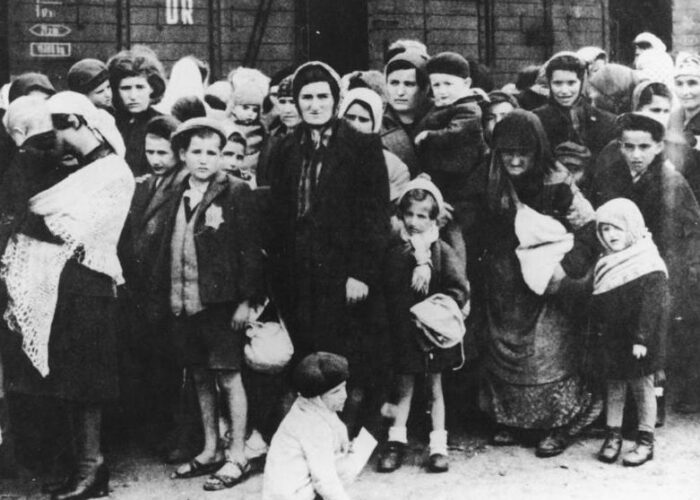
Ahead of Liverpool’s Holocaust memorial day ceremony on Monday, figures reveal that more than 8 out of 10 of young people cannot name another case of genocide since the Holocaust.
A poll was conducted to coincide with Holocaust Memorial Day.
It shows the majority of 16-24 year olds in the UK have no knowledge of about the history of genocide. Only a third of the UK’s young people were able to correctly identify the correct meaning of the word ‘genocide’.
Under half of all young people thought it was a possible for the UN, governments and the public to avoid genocides in the future, while 43% believed that Britain should not get involved if genocides were happening in other countries.
In Liverpool, as the city prepares for the Holocaust Memorial Day ceremony, JMU Journalism took to the streets to see if Merseysiders could identify the meaning of genocide.
Most of those asked were able to correctly identify what the Holocaust was. When asked if they could name another case of genocide, only a handful could answer, and these few mentioned Rwanda.
Liverpudlian Josh McCauley, 20, said: “I know what the Holocaust was but I don’t know what genocide is.”
Liverpool City Council has put a lot of planning into the Memorial Day commemoration.
Steve Gibbs is Liverpool Town Hall and Civic Manager, and has worked closely with Olivia Marks-Woldman, Chief Executive of the Holocaust Memorial Day Trust.
Mrs Marks-Woldman told JMU Journalism: “‘This research shows our work is more important than ever.
“Genocide is not something that takes place by itself – it happens when a set of circumstances occur or are created, when racism and discrimination go unchecked and are allowed to divide communities.
“We have a record number of events taking place on Holocaust Memorial Day, engaging and educating an unprecedented number of people.
“A lot has been achieved, but there’s plenty still to do to ensure that history does not repeat itself.”
The ceremony takes place on Monday 27 of January at Liverpool St John’s Garden and will be attended by civic and faith leaders.
The polling organisation Opinion Matters surveyed 2,300 over-16s in the UK about their knowledge of genocide.

